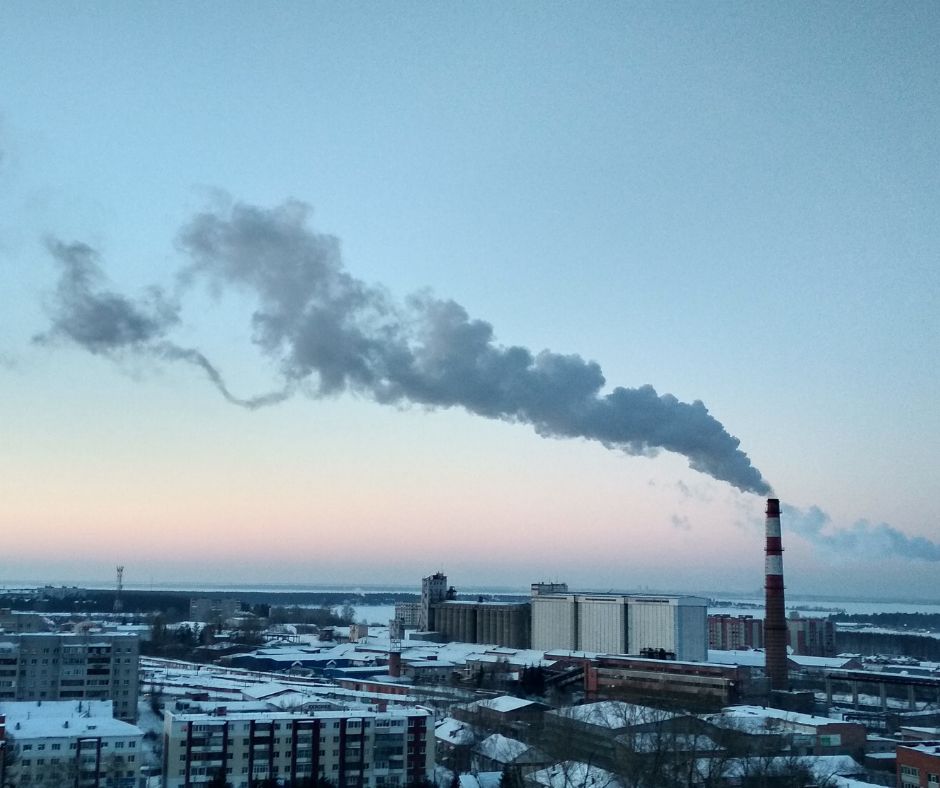In advance of the federal budget, a new report from Environmental Defence shows that the federal government and its agencies increased financial support for oil and gas companies as country grappled with COVID-19
Ottawa, Ont. – A new report released today by Environmental Defence reveals that despite a decade of promises to phase out fossil fuel subsidies, Canada’s federal government announced a minimum of almost $18 billion to the oil and gas sector in 2020. In contrast, the Government’s new climate plan commits $15 billion to climate initiatives – spread over ten years.
The report, Paying Polluters: Federal Financial Support to Oil and Gas in 2020, estimates federal supports either announced or provided in 2020, including COVID support programs. This includes $3.28 billion in direct spending and $13.6 billion in public financing, primarily through crown corporation Export Development Canada. However, the exact amount of financial support from the federal government is difficult to specify due to a lack of transparency and public reporting. As a result, the numbers included here are certainly an underestimate of total support.
“For too long, Canadian governments have been propping up the fossil fuel industry, using tax dollars to fill the coffers of oil and gas corporations – the very companies and activities most responsible for the climate crisis,” says Julia Levin, Climate and Energy Program Manager at Environmental Defence. “Not only is this behaviour incompatible with ensuring a safe and healthy future – this is money removed from public budgets that could otherwise be spent on a just and green recovery from the COVID-19 pandemic. We’re giving away wealth to oil and gas companies at the expense of the general public.”
Providing subsidies and public financing to oil and gas companies contributes to climate change, harms our health, diverts resources from public goods to private hands, yields very little in terms of job creation and distorts the energy market.
Canada first announced its commitment to phase out fossil fuel subsidies in 2009. As a result of a decade of inadequate action, Canada now provides more public finance for fossil fuels than any G20 country other than China – and the most on a per capita basis. Yet momentum to end public finance of fossil fuels among Canada’s peers and major trade partners is snowballing. The United Kingdom has already announced it will no longer provide public finance to overseas fossil fuel projects, and President Joe Biden has made eliminating fossil fuels subsidies and public finance a priority.
“Both the upcoming federal budget and Earth Day Leaders Summit on Climate are great opportunities for Canada to announce plans to redirect the support going to fossil fuels and instead put Canada on a path to a genuinely healthier and more resilient future, one that leaves no one behind,” says Levin. “As the government continues to provide unprecedented recovery fundings in response to COVID-19, now is the time to pursue a long-term, planned exit from fossil fuel production that avoids prolonging and deepening the chaos of the past few months, by providing ample support for workers and communities.”
Other key findings of the report include:
- In 2020, an additional $15.35 billion was announced in programs, including as part of the new climate plan, that currently lack robust green strings and therefore could result in substantial fossil fuel subsidies if funds are directed to the fossil fuel sector (for example towards fossil fuel derived hydrogen or carbon capture).
- A significant portion of the new support provided to oil and gas during the COVID-19 pandemic was under the guise of job creation and achieving environmental outcomes. These subsidies put taxpayers on the hook to clean up industry’s mess, and have not come close to achieving the intended job creation. Rather than spending the funds on additional reclamation work, the major oil companies that undertake the bulk of the work are simply replacing their own spending with federal funding.
- Federal government agencies have played a key role in financing the construction of pipelines that have huge carbon footprints, violate Indigenous rights, and put ecosystems at risk. In 2020 alone, crown corporation Export Development Canada provided up to $5.25 billion in financing renewals for the Trans Mountain expansion (a project with an estimated total price tag of at least $12.6 billion) and approved a loan of up to $500 million for the Coastal GasLink pipeline.
- Oil and gas companies claimed funds from COVID-support programs such as the Canada Emergency Wage Subsidy (CEWS), while continuing to issue shareholder dividends. For example, Imperial Oil claimed $120 million through CEWS and issued $320 million in dividend.
About ENVIRONMENTAL DEFENCE CANADA: Environmental Defence Canada is a leading Canadian environmental advocacy organization that works with government, industry and individuals to defend clean water, a safe climate and healthy communities.
-30-
For more information, or to request an interview, please contact:
Barbara Hayes, Environmental Defence, bhayes@environmentaldefence.ca






